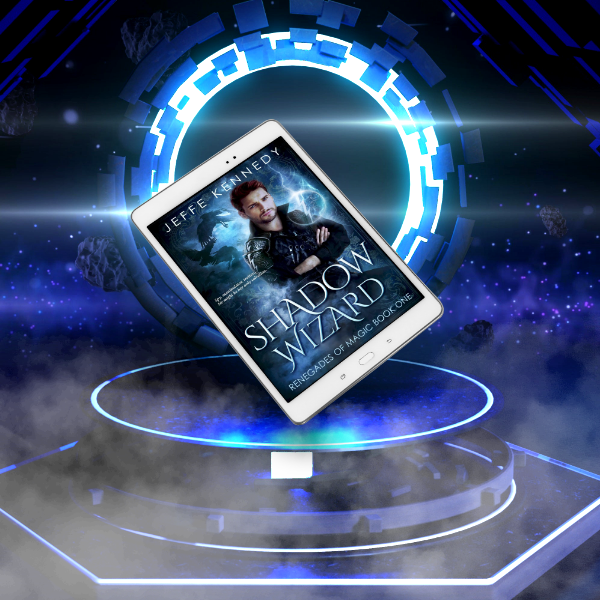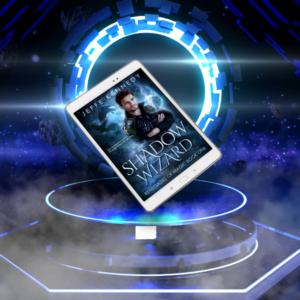
This week at the SFF Seven, we’re talking about beginnings and our principles for crafting them.
But first, I want to tell you all a little story.
A few years back, I was involved in a local writers group where, as a fundraiser for the group, I volunteered – along with several other experienced authors – to read and critique works from others in the group. On one submission, another author (much more successful and famous than I) and I agreed that the book started in the wrong place, and we offered thoughtful feedback on what beginning might work more effectively. There was pushback from that author and the group, a feeling that we had been much too critical, and several people were upset that we had suggested the book had started in the wrong place. One person said to us that the author in question had already been published, implying how dare we suggest they didn’t know how to begin the book.
We were both taken aback by this protest because, and I retell this tale because I think this is so important:
FIGURING OUT WHERE AND HOW TO BEGIN NEVER GETS EASIER.
Both my fellow critiquer and I revisit the openings of every book we write many, many times. Getting that opening right is key. It’s also not easy.
So, what are my principles for crafting a beginning? I think a beginning should do three things.
- Establish genre
- Pose a question
- Create sympathy for the protagonist
Establish genre
This one might sound like a no-brainer, but I only learned to do this deliberately, after writing many books. The opening lines of the book or story should ground the reader in what kind of story this will be. This grounding is more important than many authors might think. Sometimes we, especially as newer writers, have this impulse to play coy, as if keeping the reader guessing in this way will intrigue them. Trust me: it doesn’t. Think of your favorite books and their opening lines; I bet you they all tell you what kind of story you’re about to read.
Example: “It is a truth universally acknowledged, that a single man in possession of a good fortune, must be in want of a wife.” Pride & Prejudice, Jane Austen.
Look at how much you learn about the story to come from this one sentence.
Pose a question
THIS is where you intrigue the reader! Some writing teachers refer to this aspect as the “hook,” but I think a lot of us have trouble understanding what a hook is supposed to be. Instead I think of this as posing a question. It doesn’t have to be THE central question(s) of the entire story, but it should connect in some way. Suggest that there’s a secret. Pose a conundrum. Put something in there to make the reader wonder – and to keep reading to find out the answer.
Example: “The snow in the mountains was melting and Bunny had been dead for several weeks before we came to understand the gravity of our situation. He’d been dead for ten days before they found him, you know. We hadn’t intended to hide the body where it couldn’t be found. In fact, we hadn’t hidden it at all but simply left it where it fell in the hopes that some luckless passer-by would stumble over it before anyone noticed he was missing.” The Secret History, Donna Tartt.
I skipped a bit there for efficiency’s sake – but the whole opening prologue is worth studying! – but see how she introduces the core mystery and poses a number of questions?
Create sympathy for the protagonist
I’m not saying your characters have to be likable, or even that the protagonist has to appear in the first few pages, or that there even has to be a single, identifiable protagonist. What I am saying is, whatever characters do appear at the beginning, the reader needs a reason to want to be in their heads, to take this journey with them. If there’s nothing interesting or appealing about the characters in the story’s opening, why should the reader keep going?
Example: “It was a dumb thing to do but it wasn’t that dumb. There hadn’t been any trouble out at the lake in years. And it was so exquisitely far from the rest of my life.” Sunshine, Robin McKinley
Feel that instant interest in the character, the clarity of the voice, and how there’s a sense of feeling for the person, whoever it may be?
Really, all of these examples serve in all three principles. There’s lots that goes into a good beginning, but these three are key. Beginnings are a challenge and take time and effort to get right. And totally worth it.


